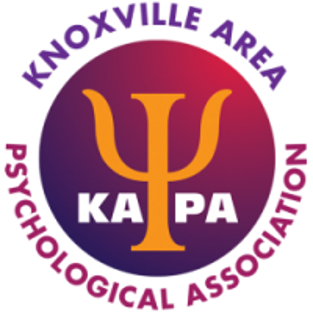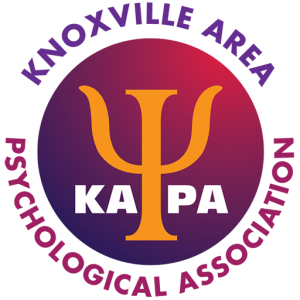
Upcoming KAPA ZOOM CE event
Neurofeedback: Engaging the Brain Directly
Mark Barnes, Ph.D.
Summary:
Neurofeedback is a form of operant conditioning that trains brainwave activity using a computer interface and real-time EEG data. The familiar principles of biofeedback are thereby applied to the brain's electrical activity, impacting the relative amplitudes of different brainwave frequencies and the coordination between different parts of the brain. Various symptoms, many of which cut across standard diagnostic categories, have been linked to particular patterns of electrical activity in the brain. Neurofeedback training can alter those patterns directly, shifting them toward more normal/optimal ranges and reducing the associated symptoms. Because this is fundamentally a learning paradigm, the trainee benefits from both a sense of personal mastery and the retention of benefits after training has ended. Research has shown neurofeedback to be effective in addressing symptoms of an extremely wide array of conditions, including attention problems, mood disorders, anxiety and PTSD, addictions, autistic spectrum issues, seizures, migraines, sleep disturbances, and more. It has also been used successfully to enhance peak performance among elite athletes, musicians, executives and others who must sustain extraordinary focus under stress. While talk therapies, medications and other interventions also alter brain activity, acutely and/or over time, neurofeedback offers unique advantages in the development of improved self-regulation.
Learning Objectives:
At the conclusion of this program, participants will be able to:
1. Describe the basic conceptual mechanism (operant conditioning) and practical application (biofeedback using real-time EEG data) of neurofeedback in a clinical setting.
2. List potential benefits (optimization of patterned electrical activity in the brain) possible using neurofeedback to address various psychological/neuropsychological symptoms.
3. Identify peer-reviewed research assessing the effectiveness of neurofeedback and secondary sources synthesizing this information for clinical use, using suggested basic readings and extensive topical bibliography.
Target Audience:
This program is open to all KAPA members and other interested mental health professionals who are not members. The content of this presentation is appropriate for mental health professionals educated at the graduate level in psychology, psychiatry, or other mental health related disciplines, as well as graduate students in a mental health related discipline.
Instructional Level:
The material will be appropriate to intermediate levels of practice and knowledge.
Continuing Education:
This program - when attended in its entirety - is available for 1.5 APA approved continuing education credits. With full attendance and completion of a Program Evaluation and Learning Assessment, a certificate will be issued. Partial credit will not be awarded. Participant's attendance will be verified via their Zoom login name and sign in / sign off time. Please assure that you are identifiable by your Zoom login name.
American Psychological Association Approval Statement:
The Knoxville Area Psychological Association (KAPA) is approved by the American Psychological Association to sponsor continuing education for Psychologists. KAPA maintains responsibility for this program and its content.
There is no commercial support for this program, nor are there any relationships between the CE Sponsor, presenting organization, program content, research, grants, or other funding sources that could reasonably be construed as conflicts of interest. During the program, the validity/utility of the content and risk/limitations of their approaches will be addressed.
Registration Fees and Policies:
If you are a member of KAPA, then this program is free of charge. If you are not a member of KAPA and you do not want CE credit, this program is free of charge.
Speaker Information:
Mark Barnes, PhD is a clinical psychologist in private practice in Knoxville since 1992. He has provided assessment and treatment services in inpatient and outpatient settings, consulted extensively in local school systems, and performed custody evaluations for the Fourth Circuit Court. Dr. Barnes earned his doctorate from The University of Tennessee Knoxville and completed his clinical internship at The Cambridge Hospital of Harvard Medical School. As a means of addressing some limitations of verbal psychotherapy, he began incorporating neurofeedback into his work with children, adolescents and adults in 2007, after pursuing formal training in the approach. He has found neurofeedback an effective intervention in itself, but sees its full potential realized when integrated with psychotherapy. While Dr. Barnes only uses neurofeedback with a minority of his caseload, it has proven very helpful for many, prompting his continued study and engagement with leading figures in the field.
